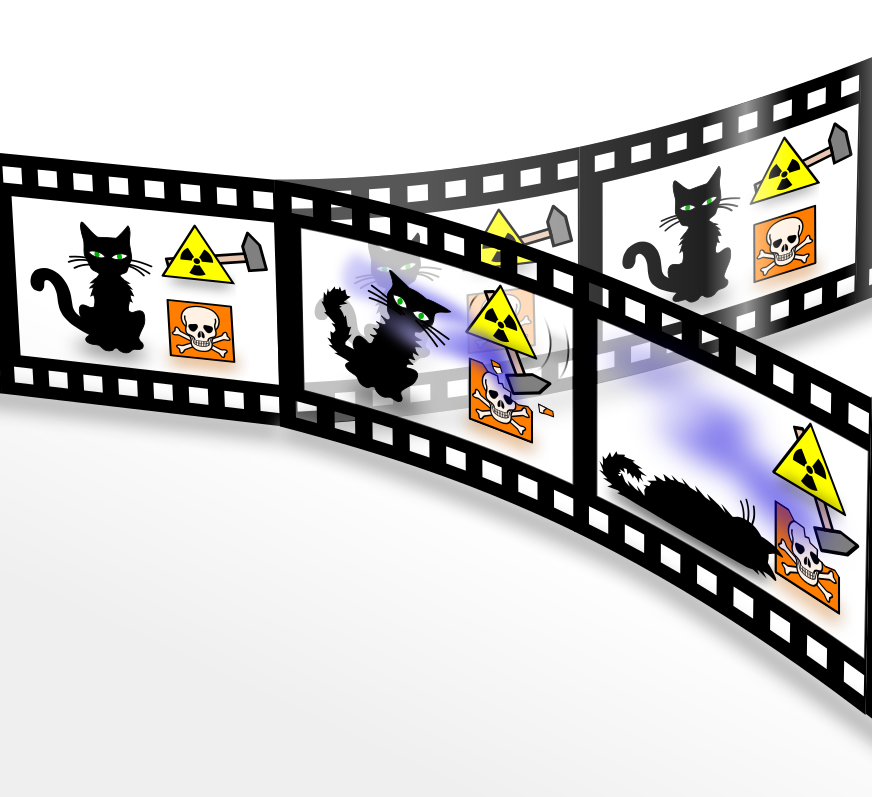Content:
Experimental physicist David Weld’s experimental research interest lies in a question that has been around for a long time, but which we’re only now approaching the ability to investigate.
“There’s a really old interest in the quantum act of measurement,” he said. “It’s something that’s at the foundations of quantum mechanics and has been puzzling people for more than a century."
Called the “measurement problem” and famously illustrated by Erwin Schrödinger’s thought experiment with his alive/not alive cat in a box, this puzzle dwells on the coupling of quantum and classical systems. How does an evolving quantum system in a superposition of many possible states lose its quantum properties to give one definite classical outcome of a measurement? The effect of measurement on a quantum system has been the subject of many interpretations and hypotheses but remains only partly understood.
To investigate this problem, Weld, of UC Santa Barbara, has been selected by the Gordon and Betty Moore Foundation as

one of its 2023 Experimental Physics Investigators Funded with $1.25 million over the next five years, he joins 21 other mid-career physicists to advance the scientific frontier in experimental physics.

